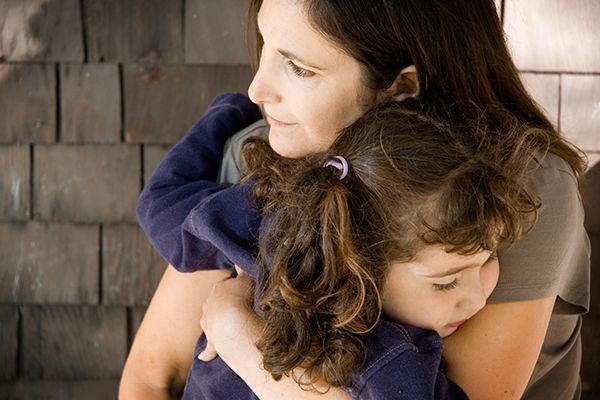February 14, 2024
When talking about death, there are no easy answers, especially for children. Most people are unsure of what and how to tell their children, and are concerned about the child’s reaction and behavior. Children experience loss quite frequently. Through experiences such as divorcing parents, friends moving away and the death of a pet, they learn to grieve. The following information will help you help a child deal with the death of someone they love, or any life loss. Death is still somewhat of a taboo subject in our society and there is a tendency to not talk about it. We want to protect our children from the pain and sadness, and sometimes don’t even want to tell them about a death. But, a death disrupts the family’s emotional life and everyone, even the young ones are affected. Children can sense that something is wrong and they will experience grief one way or another. So, it is important that we communicate with them. How we talk with a child about death depends on many things--their age, personality, and relationship with the person who has died. It is essential that we provide them with simple and direct information and be open to their questions. We must give them answers to build on later, not ones that will have to be unlearned. Children will find their own fantasy explanations for unanswered questions, which can often be more frightening than the reality. Children take what we say literally, so avoid euphemisms such as passed away, passed on, went to sleep, etc. When explaining death, keep the information at a level they can understand. Young children can take in only small amounts of information at a time, so keep it brief and simple. The older the child, the more information they can understand and accept. Most children are curious about the physical aspects of death, and describing the death concretely lessens the confusion. For example, talk about the absence of familiar bodily functions--when someone dies their heart doesn’t beat, they don’t breathe, talk, eat or feel. Up until about nine years of age, it is difficult for them to grasp the finality of death. They may repeatedly ask you the same questions before the answers become reality to them. Talking with children is hard because we don’t have all of the answers, and that’s okay. There isn’t always an answer for every question. But, if we can be as open, honest and comfortable with our feelings as possible, we make it easier for children to talk about death and ask questions. This is important because it lets us know what they need and how we can help.








